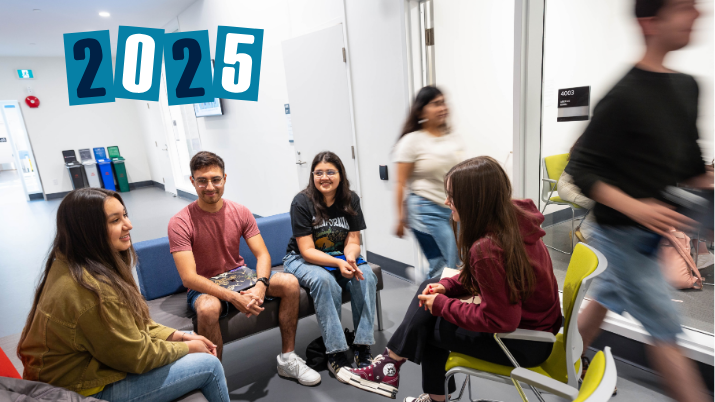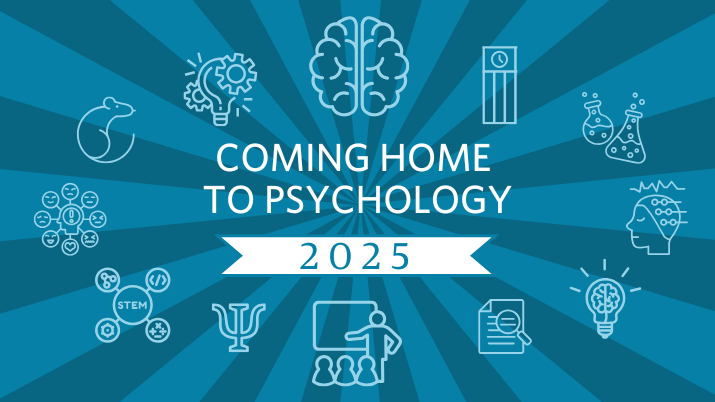

Due to unforeseen circumstances, this talk has been postponed. Stay tuned for more details.
Dr. Lisa Feigenson, Johns Hopkins University
Title: Constraints and flexibility in early quantification: Insights from infancy
Abstract: Quantification (e.g., knowing how many objects are in a scene) requires selecting a relevant entity and storing it in working memory for further processing. Critically, multiple kinds of entities can be selected and stored. In this talk I offer evidence that even the youngest humans can represent at least three different levels of entities in working memory. They can represent an individual object (e.g., “that bird”). They can represent a collection of items (e.g., “that flock of birds”). And they can represent a set of discrete items (e.g., “the set containing Bird A, Bird B, and Bird C”). Each of these types of representations permits a different type of quantificational processing, empowering some computations and blocking others. Hence, which quantity-relevant computations may be performed in any given situation depends on which level of representation is stored. This framework for thinking about interactions between attention, working memory, and quantification applies throughout development, starting in infancy.


Lisa Feigenson is co-director of the Johns Hopkins University Laboratory for Child Development. Her research seeks to understand the cognitive primitives that are available throughout the lifespan, as well as changes in children’s thinking with maturation and experience. She uses primarily behavioral methods to study cognitive abilities in infants, children, and adults.
Annually the Department of Psychology hosts a Colloquia Series throughout the academic year.


